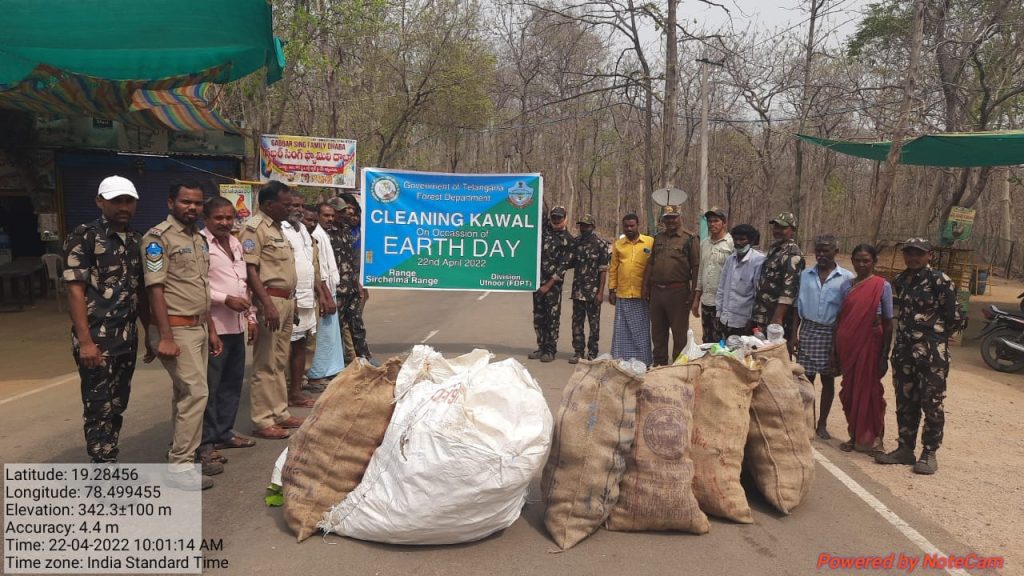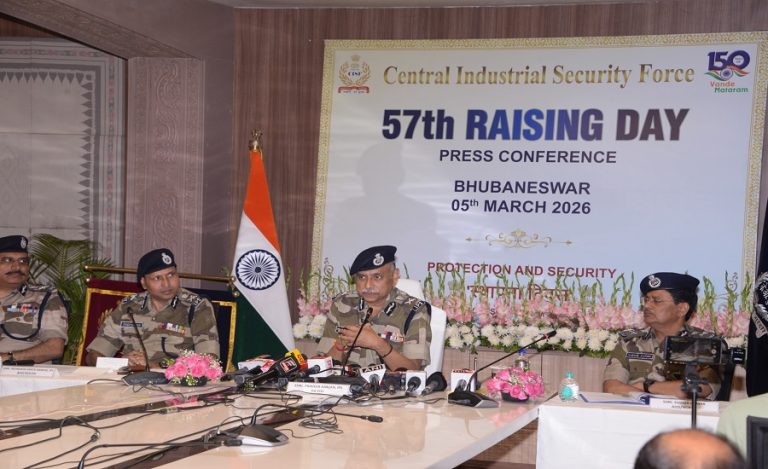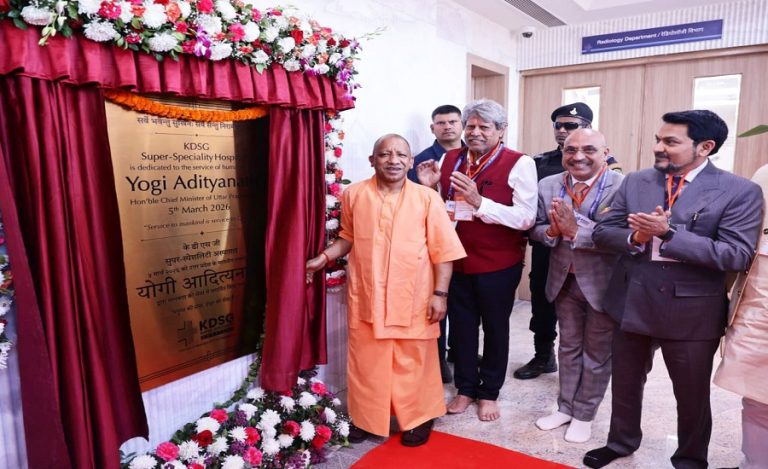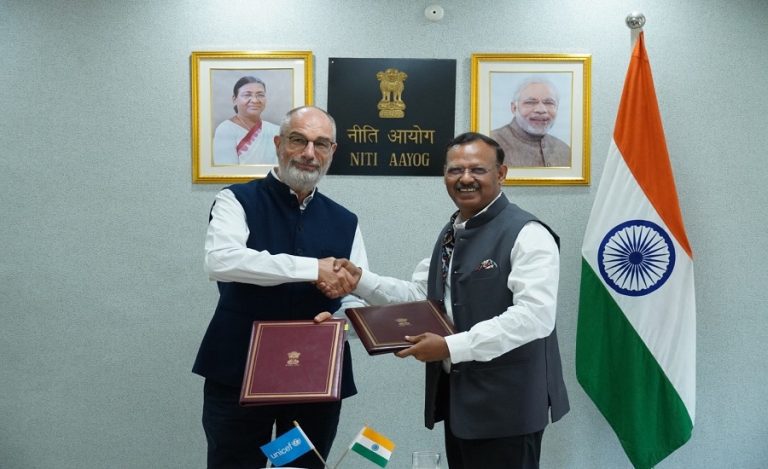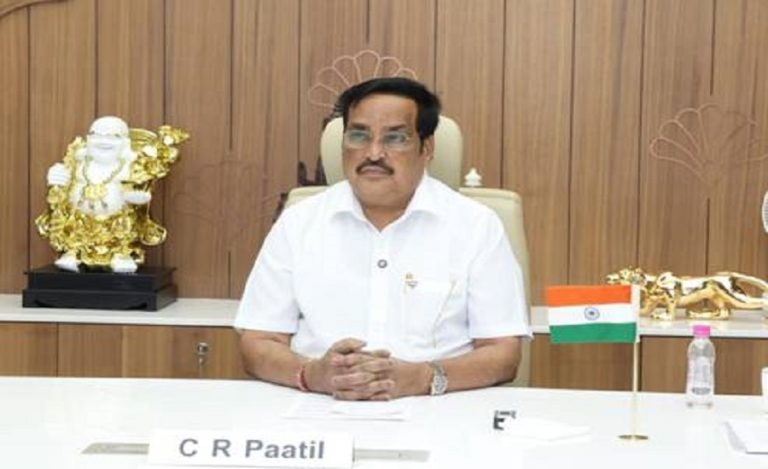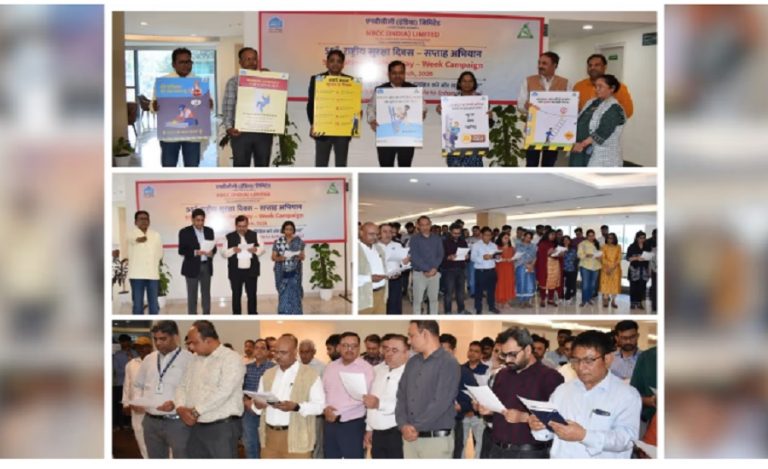The authorities of the Kawal Tiger Reserve in Telangana managed to clean the reserve of 1000 kg of plastic and other non-biodegradable garbage from the core and buffer areas on Earth Day. Along with the forest department staff, local people were also involved in the cleanliness drive. After its success, the forest department now plans to organise such cleanliness drives more often.
Indian Masterminds spoke to 2018-batch IFS officer Rahul Jadhav, Forest Divisional Officer, Adilabad district, Telangana, who shared details about the cleanliness initiative.
CLEANLINESS DRIVE
IFS officer Rahul Jadhav said that the major source of these plastic wastes are the people who throw them on the highway that passes through the Kawal Tiger Reserve. Though forest teams patrol the area, it becomes difficult for them to stop the people from littering the area.
“We have implemented no plastic zone but there are some local shops outside the reserve where people buy chips, cold drinks and biscuits and they tend to dump the water bottles and wrappers in and around the forest areas,” said Mr. Jadhav. Therefore, the officer and his team decided to clean all the areas of the Kawal Tiger Reserve on the occasion of Earth Day.
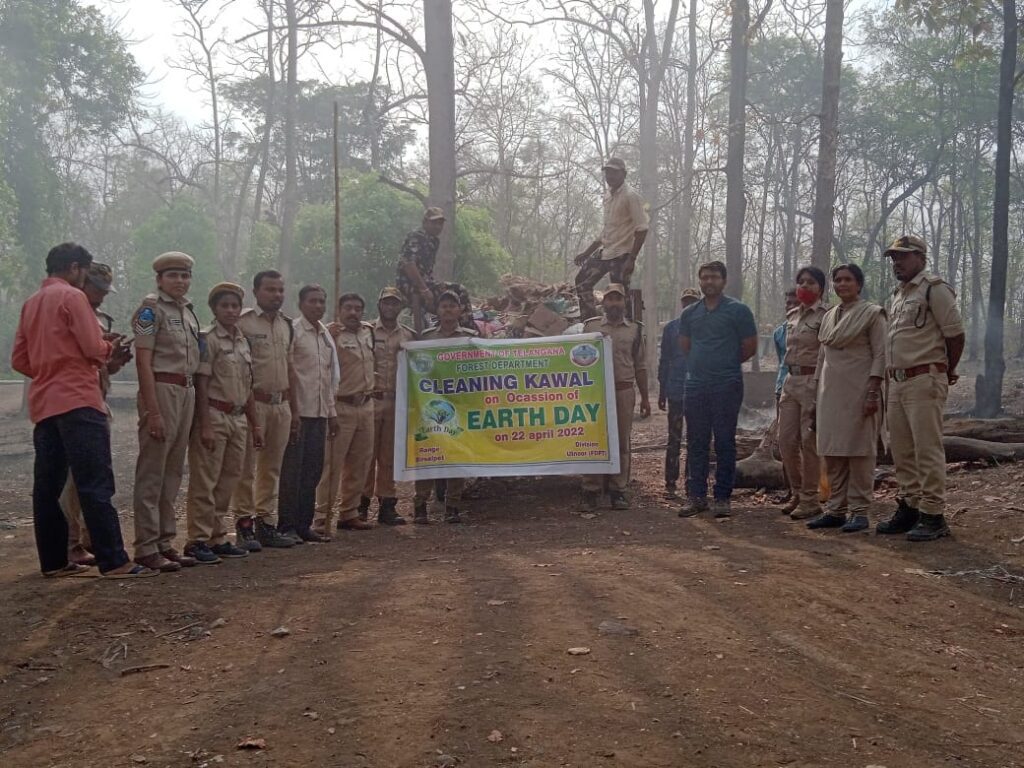
Local people were also involved in the drive which was a big success. Mr. Jadhav said, “I don’t want to restrict it to a memorial day. Instead, I want this cleanliness drive to continue and have it every one or two weeks apart. We will identify some hotspots where people tend to dump the waste and clean them regularly. This will go on like a small movement.”
RE-CYCLING AND UPCYCLING
Cleaning the reserve is the first part of the plan, second is transportation and third is segregation and the further process of recycling and upcycling.
The officer and his team have segregated the wastes into plastic and other non-biodegradable wastes and now they are in touch with the waste aggregators, who will recycle the plastic waste.
“There are many agencies in Hyderabad, Recykal is one of the agencies with whom we are in touch and soon we will be able to have some mechanism in place to transport the wastes to the site and recycle them. Once these wastes are recycled, they can make sheet, bricks and other products out of them,” Mr. Jadhav told Indian Masterminds.
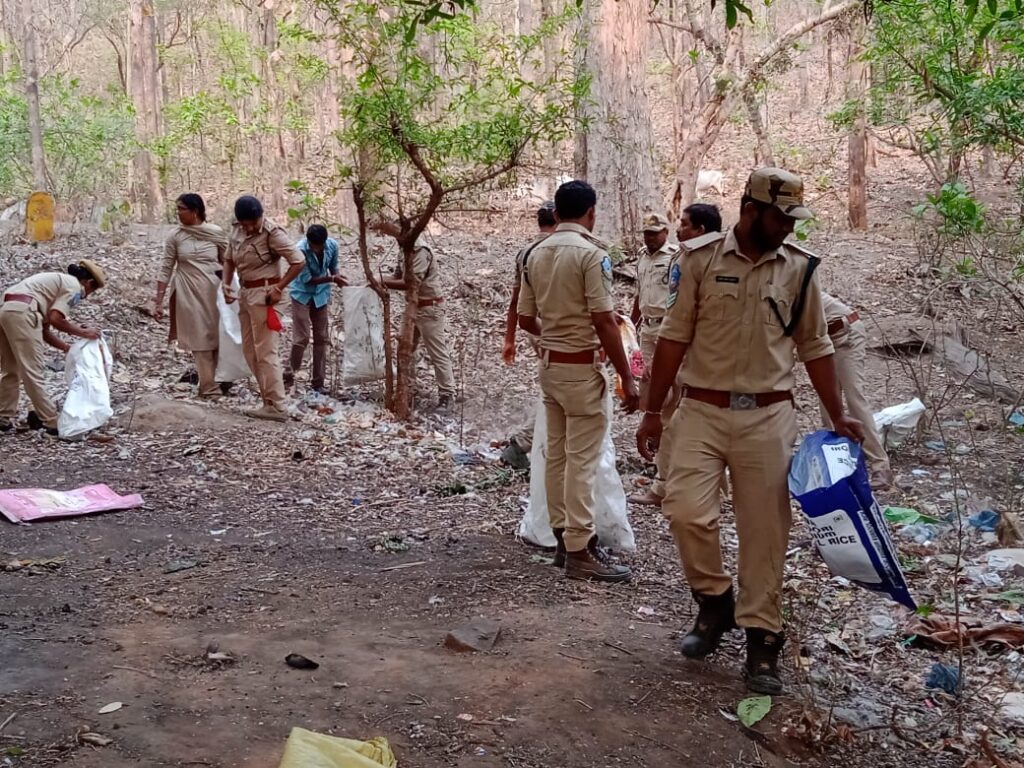
PLASTIC FREE-ZONE
The officer and his team now plan to firstly educate the local people and make them aware about the hazards of plastic. They have also started to fine people who do not listen to them and throw plastics here and there.
“The other plan is to change the attitude of ‘this is not my waste, it’s your waste’ among the people. We have to make sure that this entire chain goes around, and this plastic is recycled to something useful,” the officer said.
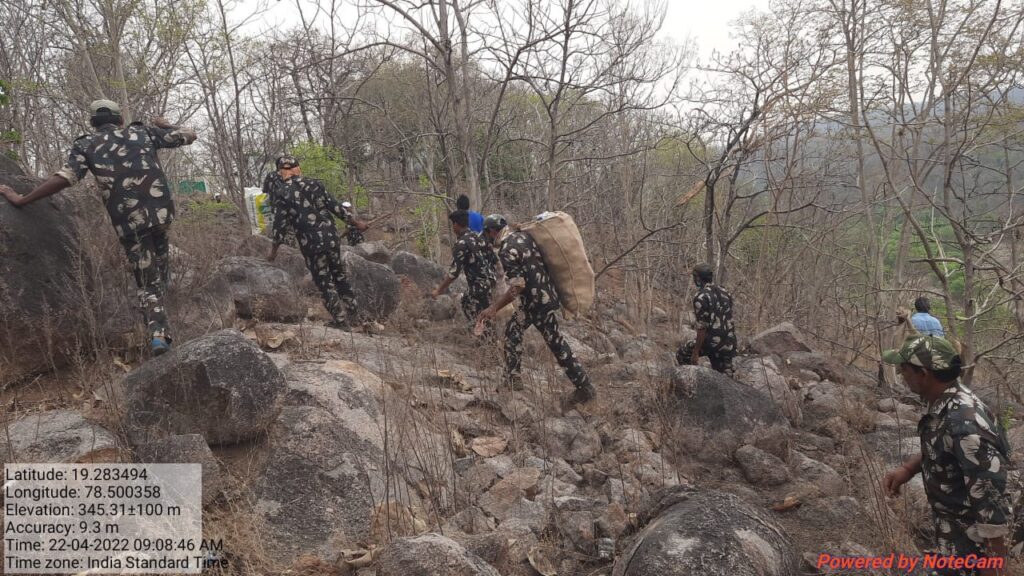
CALL FOR DISCIPLINE
Mr. Jadhav also has a message for the public. He says that whenever people visit any protected area like tiger reserve, sanctuaries, national park or any natural space, they should dispose any food items, wrappers or plastic bottles in a responsible manner.
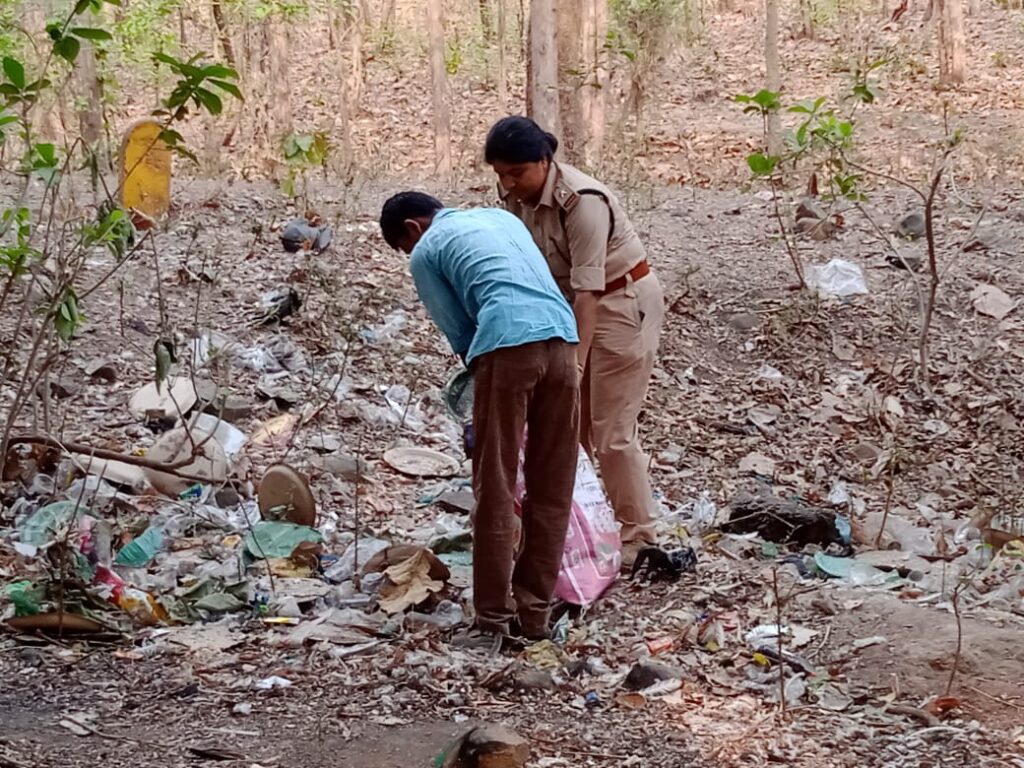
“One plastic waste in a corner attracts the eyes of thousands of people and encourages them to throw more waste in the same spot. My earnest request to the public is to please throw wastes only in designated places likes local dustbins. A little discipline on our part can go a long way.”

